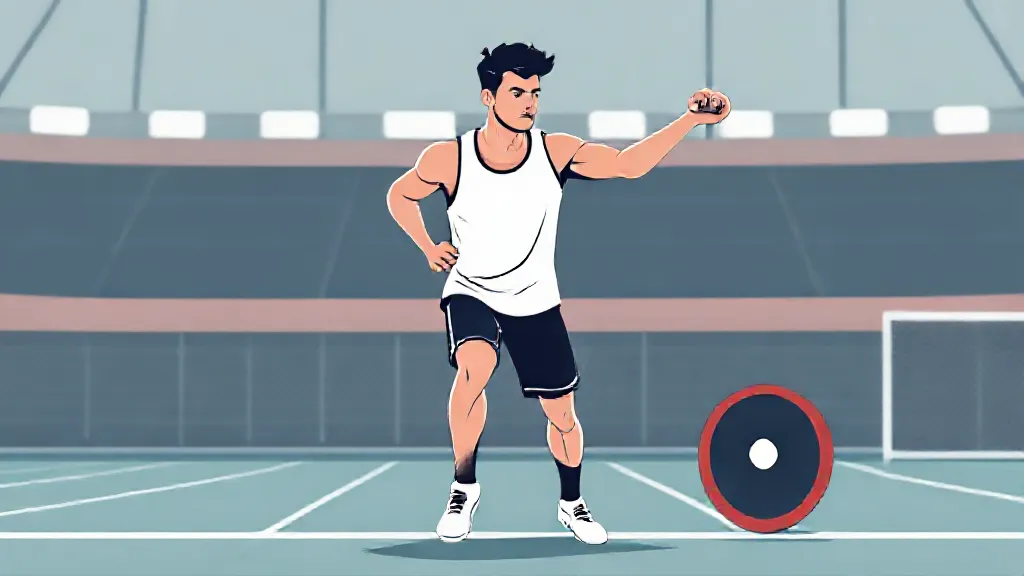Setbacks are an inevitable part of an athlete's journey, whether they manifest as injuries, losses, or performance slumps. Understanding how to effectively navigate these challenges is crucial for long-term success. This article delves into the strategies and mindsets that athletes can adopt to overcome setbacks and emerge stronger.
Recognizing the Nature of Setbacks
Setbacks can be classified into various categories, including physical injuries, psychological barriers, and competitive defeats. Each type demands a tailored approach for recovery. For instance, a physical injury may require medical intervention and rehabilitation, while a psychological setback might necessitate mental health support or coaching.
Recognizing the nature of the setback is the first step towards effective management.
The Importance of a Growth Mindset
A growth mindset, as defined by psychologist Carol Dweck, is the belief that abilities can be developed through dedication and hard work. Athletes who adopt this mindset view setbacks as opportunities for learning rather than insurmountable obstacles.
Embracing challenges, persisting through difficulties, and seeing effort as a path to mastery can empower athletes to overcome setbacks and achieve their goals.
Building a Support System
Having a robust support system is vital for athletes facing setbacks. This includes coaches, teammates, family, and mental health professionals.
These individuals can provide encouragement, constructive feedback, and a sense of community. For example, professional athletes often share stories of how their support networks helped them through tough times, illustrating the importance of collaboration and understanding during challenging periods.
Setting Realistic Goals
After experiencing a setback, it is essential for athletes to set realistic and achievable goals.
This process involves breaking down larger objectives into smaller, manageable tasks. For instance, a runner recovering from an injury might focus on short-distance runs before gradually increasing their distance. This method not only fosters a sense of accomplishment but also helps maintain motivation.
Utilizing Visualization Techniques
Visualization is a powerful tool used by many successful athletes to overcome setbacks. By mentally rehearsing their performance and visualizing success, athletes can enhance their confidence and reduce anxiety. Research supports the effectiveness of visualization in improving performance, as it helps athletes mentally prepare for challenges and reinforces positive outcomes.
Learning from Failure
Failure is often viewed negatively, but it can be a rich source of learning. Athletes should analyze their setbacks to understand what went wrong and how they can improve. For instance, a basketball player who misses crucial free throws in a game can review their technique and practice under pressure to enhance their skills.
This reflective process transforms failures into valuable lessons.
Maintaining Physical and Mental Health
Physical and mental well-being are interconnected, and athletes must prioritize both to overcome setbacks. Regular physical training, proper nutrition, and adequate rest are essential for recovery.
Simultaneously, mental health practices such as mindfulness, meditation, and counseling can help athletes manage stress and maintain focus. A holistic approach ensures that athletes are equipped to handle the pressures of competition.
Embracing Resilience as a Lifelong Skill
Resilience is not just a trait but a skill that can be developed over time.
Athletes can cultivate resilience by facing challenges head-on, learning to adapt, and maintaining a positive outlook. Engaging in activities outside of sports, such as volunteering or pursuing hobbies, can also foster resilience and provide a broader perspective on life’s challenges.
In conclusion, setbacks are an integral part of an athlete's journey, but they do not define one's potential for success.
By adopting a growth mindset, building a support network, setting realistic goals, utilizing visualization, learning from failure, maintaining health, and embracing resilience, athletes can overcome obstacles and thrive in their sports careers.
